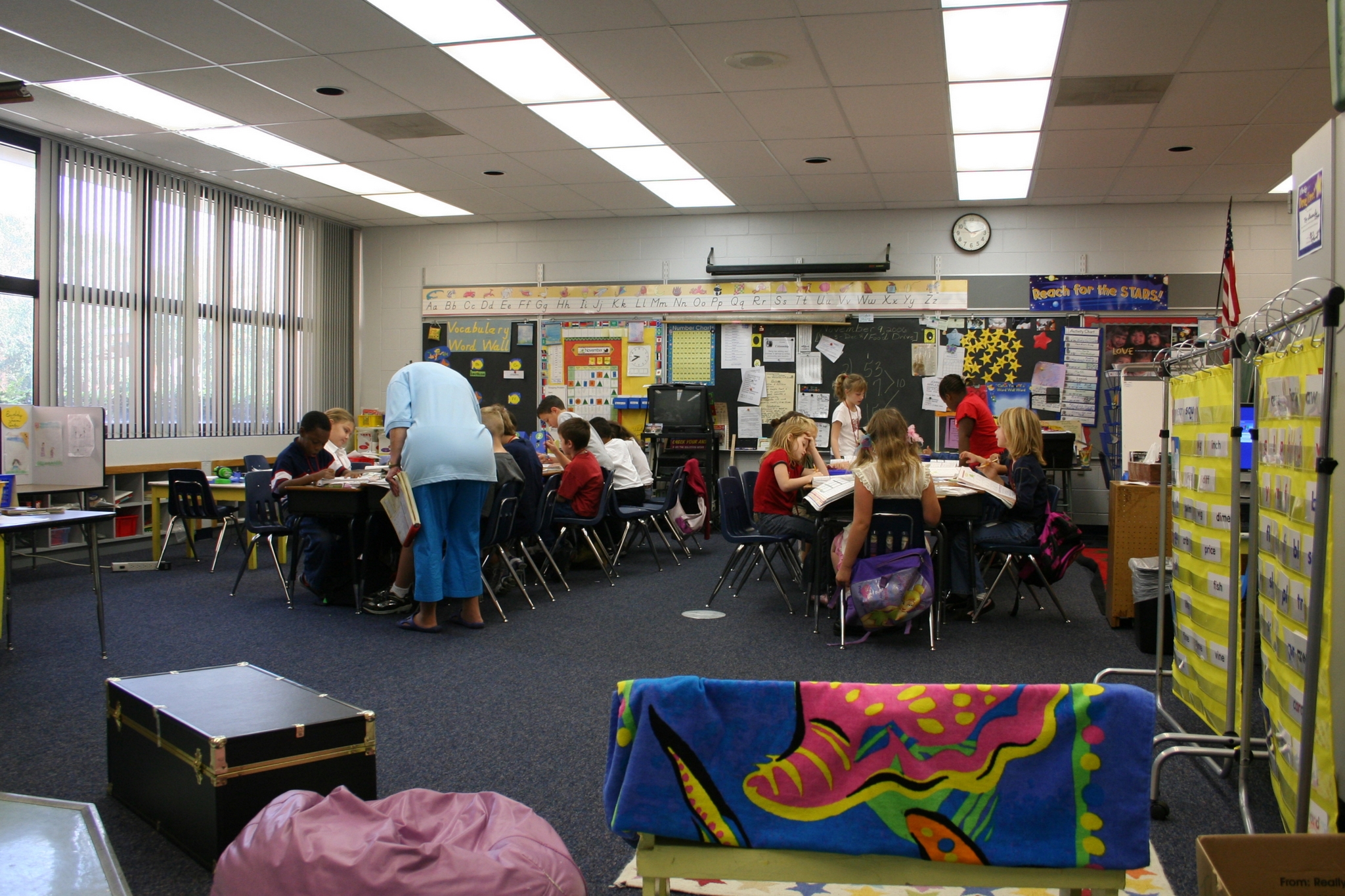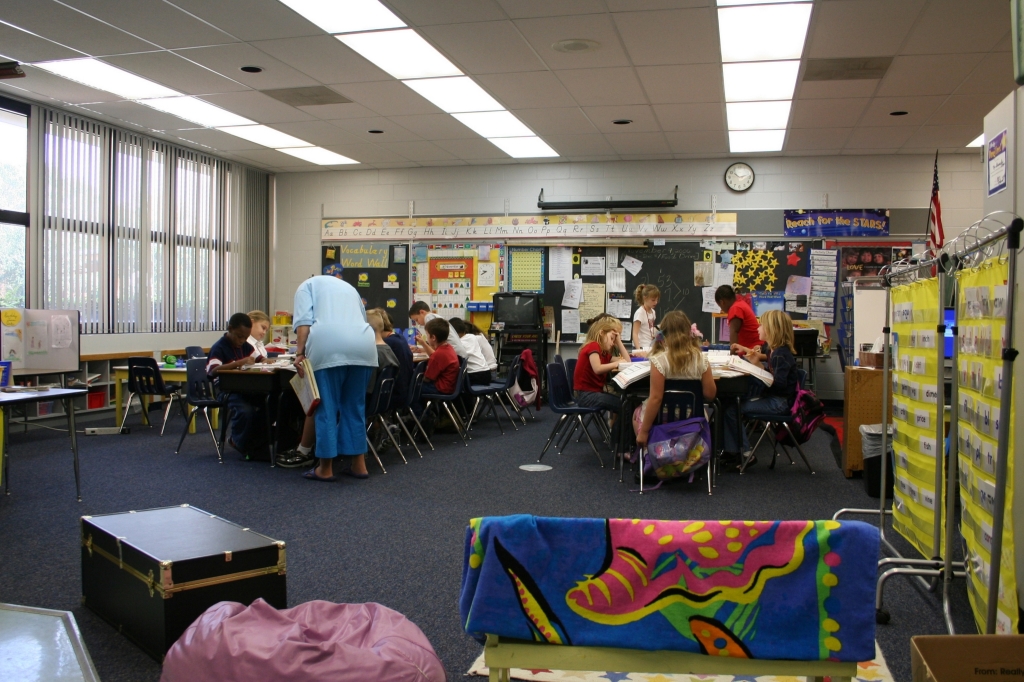
Educational Opportunities For Special Needs Children
If you have a child with special needs, you want to be sure they have access to all of the educational opportunities available to them. There are various school and classroom settings that your child can be enrolled in, regardless of their special need. Each of these options will allow the teachers to tailor the educational material according to your child’s special needs. The techniques teachers use to educate their students will vary, but every technique will promote learning. The following educational programs are designed to benefit your special needs child in a safe and professional environment.
Full-Inclusion Classroom Settings
When you search for the best educational opportunities for your special needs child, you will find that there are a variety of settings in which they can receive their education. Some schools will place your children in traditional classroom settings, while others will choose inclusive placement for special needs children. In an exclusive classroom setting, your child will be surrounded by children who have the same special needs (or similar) as they do. These self-contained classrooms will generally place your child with others of their own age, whether those students are working at the same level as your child or not.
A full-inclusion classroom setting can be beneficial to your child, helping them with social, intellectual, and emotional learning. The full-inclusive classrooms require your child to active participants in their education. The improved communication skills that your child can develop in these classes will help them in the future. The emotional aspect of the full-inclusion classroom setting helps your child have a better sense of belonging. These classes promote self-confidence and positive self-esteem. Lastly, the curriculum available to your special needs child in a full-inclusion classroom setting is equal to traditional curriculum, regardless of academic ability. However, accommodations and modifications will be made in order to suit the needs of your child. This helps your child become a more confident learner and encourages them to develop interpersonal skills.
Therapeutic Boarding School Options
Therapeutic boarding schools help children by providing the physical, social, and emotional guidance they will need to succeed. In a traditional school setting, this may not be possible, or to the degree that it is in a therapeutic boarding school. Long gone are the days where boarding schools were only opened to children of affluent families; in today’s society, boarding schools are available for children of all abilities and backgrounds, including those who have special needs. The best vocational boarding schools have programs designed to prepare special needs children for their future, both in and outside an academic environment.
Speak with an educational consultant before you choose a therapeutic boarding school for your child. Each therapeutic boarding school will vary, which is why you want to ensure that the school you choose will meet the needs of your child.
Equal Opportunities
The purpose of these educational opportunities is to benefit your child both now and in the future. The NCLB and ESEA are designed to make sure that no child is left behind, and that includes children with special needs. These laws and acts were created to make sure that the educational gap between various groups of children is closed. The new requirements ensure that your child receives a quality education, and that you can be more involved with the process. Educational institutions are held accountable in order to make sure the standards are not only upheld, but met.
As a parent, you will likely be involved in your special needs child’s educational process, regardless if your child is in a full-inclusive classroom setting, attending a traditional school, or a therapeutic boarding school. Visit the classrooms, talk with the teachers, look around the school, and know exactly what is going on with your child’s educational learning environment. Attend school events, or do some volunteer work. This will help you ensure that your special needs child is receiving the best educational experience possible.



